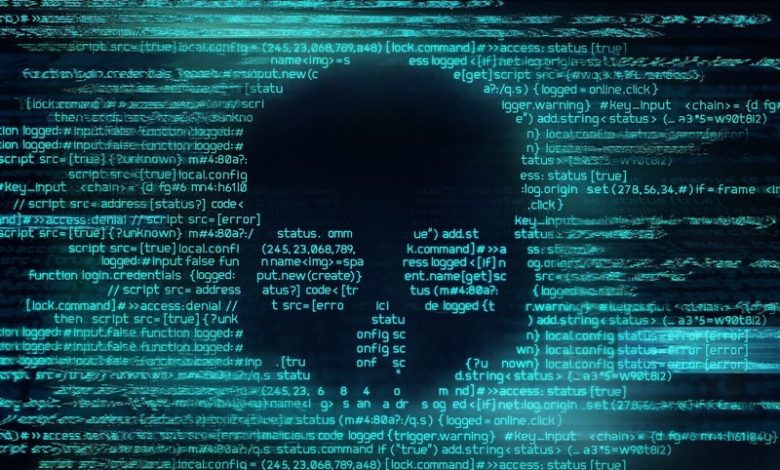Zionists Acknowledge Iran’s Cyber Capabilities
Recent cyber events between Iran and Israel after October 7 indicate a significant rise in the capabilities of Iran and the Resistance Axis; experts say today’s Iran is not comparable to the Stuxnet era.

According to the Sedaye Sama News Agency, The website “People and Computers” published a report titled “Xerxes is Advancing, Even in Cyberspace,” highlighting the capabilities of the Islamic Republic of Iran in cyberspace and the damages inflicted on Israel during and prior to the 12-day war. Although the reporter initially claims that Iran’s attempts failed, they acknowledge that Iranian operations in infiltration, espionage, and awareness-raising were successful and caused significant impacts.
Dr. Chuck Freilich, former Deputy National Security Advisor of Israel, identifies Stuxnet and the 2009 protests as the starting points for Iran’s cyber development, emphasizing that today Iran is one of the most active global players in cyber warfare. Recent analyses from Western and Israeli-affiliated institutions confirm that Stuxnet acted as a catalyst for Iran’s cyber leap, substantially enhancing its capabilities.
Daphne Yanin, Director of Cyber Incidents in Israel, states that Iran was behind most cyberattacks against Israel in 2025, with Hezbollah and Hamas also active; however, investigations show that the civilian sector was largely spared. Israel’s attempts to attribute these attacks solely to states are challenged, as many are carried out by independent hacktivist groups without governmental backing.
Fortinet and other cybersecurity research centers have listed pro-Iranian and Resistance-aligned hacker groups, including the “Moroccan Cyber Forces,” “Al-Ahd,” and “Arab Devils,” which have targeted diverse entities in Israel. Attacks involved phishing, deepfake, infiltration of infrastructure, and access to sensitive information, affecting not only military and government sectors but also financial, healthcare, and telecommunications areas.
Iran has also recruited Israeli citizens as spies, ranging in age from 13 to 72, for intelligence gathering, spreading anti-Israel messages, sabotage, and disruption, which were detected and neutralized by Shin Bet. Overall, these developments show that Iran has transformed from a Stuxnet-era victim into a powerful and influential actor in cyberspace, surprising Israel with complex and extensive operations.
Despite Israeli attempts to downplay these attacks, the reality indicates that the regime’s cybersecurity is highly vulnerable and not fully under control. Through hacker groups, internal spies, and diverse digital tools, Iran and the Resistance Axis have established a strong and strategic presence in cyber warfare against Israel, with impacts visible across military, public, and critical infrastructure domains.







